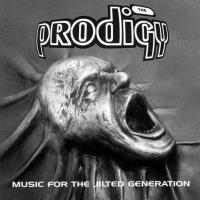In a popular-vote system, candidates would concentrate on areas where their support is strong, so as to maximize GOTV efforts. But it would also pay for them to campaign in other places. Consider: under the current system there is no reason for a Republican to campaign in California, or a Democrat in Texas, because even if they did very well and received, say, 45% of the vote, it would all be for naught. That 45% would be a total waste. Not so with a popular vote.
Traditionally, urban areas tend to be more progressive, rural areas more conservative. If you're trying to get out your base, it's probably easier if most of them are clustered in a few small geographic areas, which gives at least a theoretical advantage to progressives in a popular-vote system. All other things being equal, that is probably true. But the United States is a big country with a complex electorate. Switching to a popular vote would definitely make things different, but politics would quickly adapt. I don't think any one ideology would be unduly affected.
With the popular vote, your vote in Wisconsin, Rhode Island or Vermont would mean jack shit, candidates would only campaign and focus on high population states.
No, with a popular vote, your vote in Wisconsin, Rhode Island, or Vermont would mean exactly the same thing as a vote in Los Angeles or New York. One citizen, one vote. Under the current system votes in some states or counties count more than others.
And candidates wouldn't necessarily limit their focus to high-population states. But even if they did, so what? As it stands they limit their focus to a handful of swing states.
The bottom line is that the only way to ensure that every vote counts, and counts equally, is a national popular vote. The electoral college is an anachronism.



